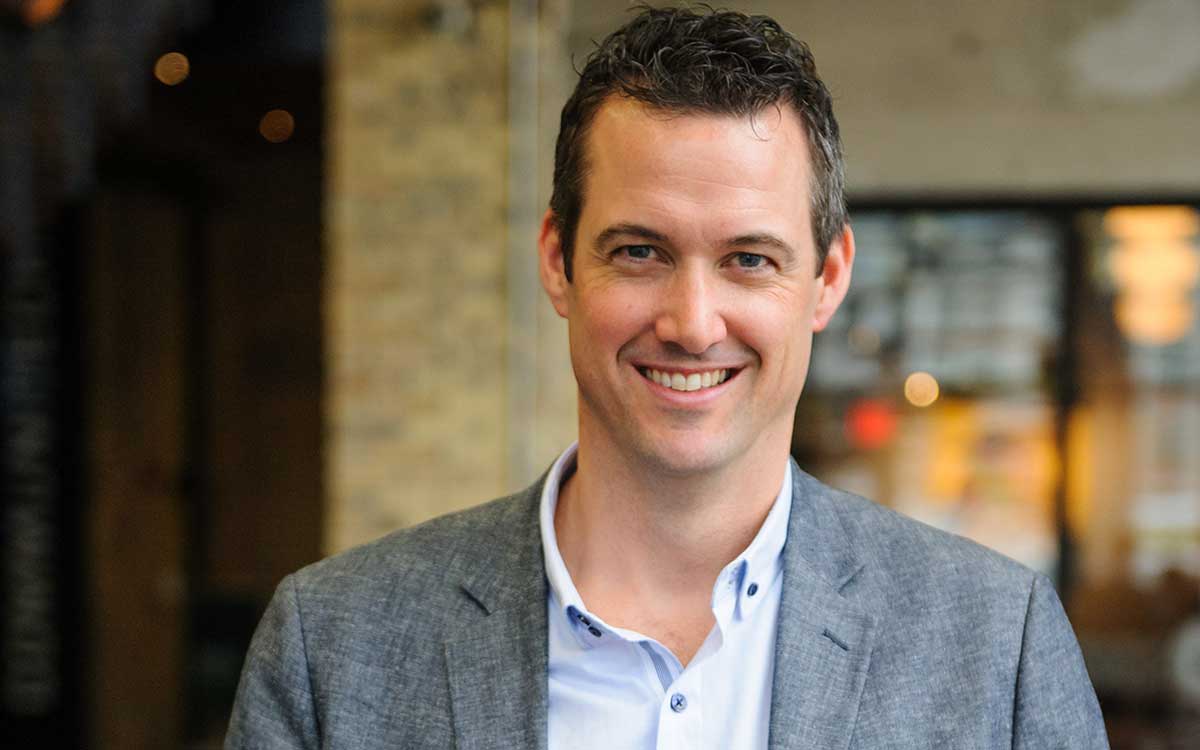
In innovation circles, success is usually measured in home runs. How many new products make it to the store shelves? How many millions of dollars did these new products generate? Sometimes, innovation teams have great stories to share, and sometimes they don’t. Does that mean that the teams that don’t have those successes aren’t doing the right thing? The ones with the big wins are doing all the right things?
That’s a lot of questions. They all can be answered by a simple philosophy of focusing on the process of innovation and discovery, not on the outcomes of the experiments. In a previous series of posts, we went through the design thinking process and explained the different steps that are necessary to properly do customer discovery, problem identification, and then ultimately new product development.
As a leader of an organization that is building an innovation team, culture, or philosophy, don’t focus on the outcomes at the beginning. There will be lots of time in the future to look to the outcomes of the effort, but if you aren’t focused on the process, then the process can’t be repeated. It’s just luck. If you want to make this part of your organization moving forward and have a better chance of repeating the good stuff, then spend the first few cycles (3 month cycles, so 9-12 months) just fine tuning the process. As the team what yielded the best information? What surprised you? Then make sure they are spending more time doing the productive things and less time on the non-productive activities.
There isn’t a perfect innovation process, but if you are building one, here’s a good place to start:
- Focus on the customer, not the problems
- Existing customer problems are usually well known, by focusing just on the customer without preconceived expectations, you can discover unknown opportunities that others aren’t seeing
- Get the team to present findings
- Ensure that the team that is doing this customer discovery are presenting their findings regularly to a wide variety of stakeholders in the company
- Track the experiments and the lessons that were learned
- Be consistent by writing down the experiments, the people who were interviewed and what was learned. Debrief after each week/month
- Be disciplined
- You need to evaluate both the successful outcomes and the failed outcomes. It’s normal to do evaluations of failures, but it’s just as important to evaluate the good outcomes too.
By focusing on the processes, you will be able to replicate the successes in many parts of your business, not just on innovation projects. This creates the opportunity to apply the learnings from one project across many projects, ultimately creating more value.
Next article will get into some details about system mindsets vs outcome mindsets and how these can be applied to your business, regardless of the type or size of business you are running.

Craig Haney holds a Masters degree from University of Waterloo in Entrepreneurship and has been leading the charge for corporate innovation in Canada for almost 10 years. His work with Canadian Tire Innovations helped launch the corporate innovation program at Communitech. Currently Craig is the Vice President of Europro, a large real estate developer in Ontario.




















